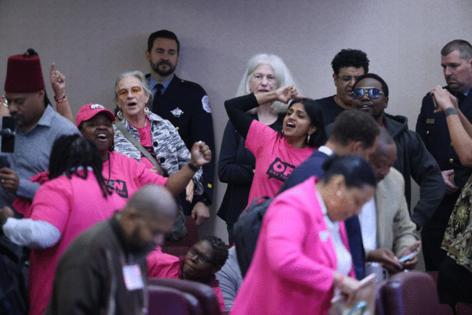Chicago's minimum wage resets to higher rate
Published in Business News
Chicago’s minimum wage got its annual increase Monday, when it hit $16.20 for most workers across the city.
Chicagoans familiar with the city’s minimum wage ordinance will notice two significant changes this year. First, the minimum wages for large and small businesses are now equal, not tiered. July 1 also marked the first step in the city’s plan to gradually phase out the tipped minimum wage by 2028.
Chicago became the largest U.S. city to agree to independently phase out the subminimum wage when the City Council passed legislation to do so last fall. This summer, the minimum wage for tipped workers rose to $11.02. The gap between the tipped and standard minimum wages will gradually shrink until they reach parity July 1, 2028.
The planned wage increases come as the U.S. added 272,000 jobs in May, according to the Bureau of Labor Statistics, while the unemployment rate was 4%, up from 3.7% a year ago.
The city’s minimum wage ordinance stipulates that the minimum wage increases at either the rate of inflation or 2.5% per year, whichever is lower. The consumer price index rose 3.3% over the year in May, meaning this year’s increases does not quite match the rate of inflation.
The accrual of paid leave under the city’s new paid time off ordinance — which doubled the city’s existing paid time off mandate to 10 days for covered workers — began July 1 too. Covered employees accrue paid sick leave at the higher rate mandated by the new law starting July 1, and they also accrue paid time off — up to 40 hours a year — that can be taken for any reason.
What is Chicago’s new minimum wage?
The minimum wage increased to $16.20 per hour starting Monday, up from $15.80 last year.
In past years, the minimum wage has differed for employees of small and large businesses, with smaller employers being subject to a lower minimum wage. Now the minimum wage is the same for non-tipped workers at any business with at least four employees.
“We wanted to give small businesses or small employers an opportunity to slowly catch up,” said Miguel Campos, the Office of Labor Standards’ director of labor standards. “So there was a four-year period when there was a differentiation.”
...continued
©2024 Chicago Tribune. Visit at chicagotribune.com. Distributed by Tribune Content Agency, LLC.







Comments